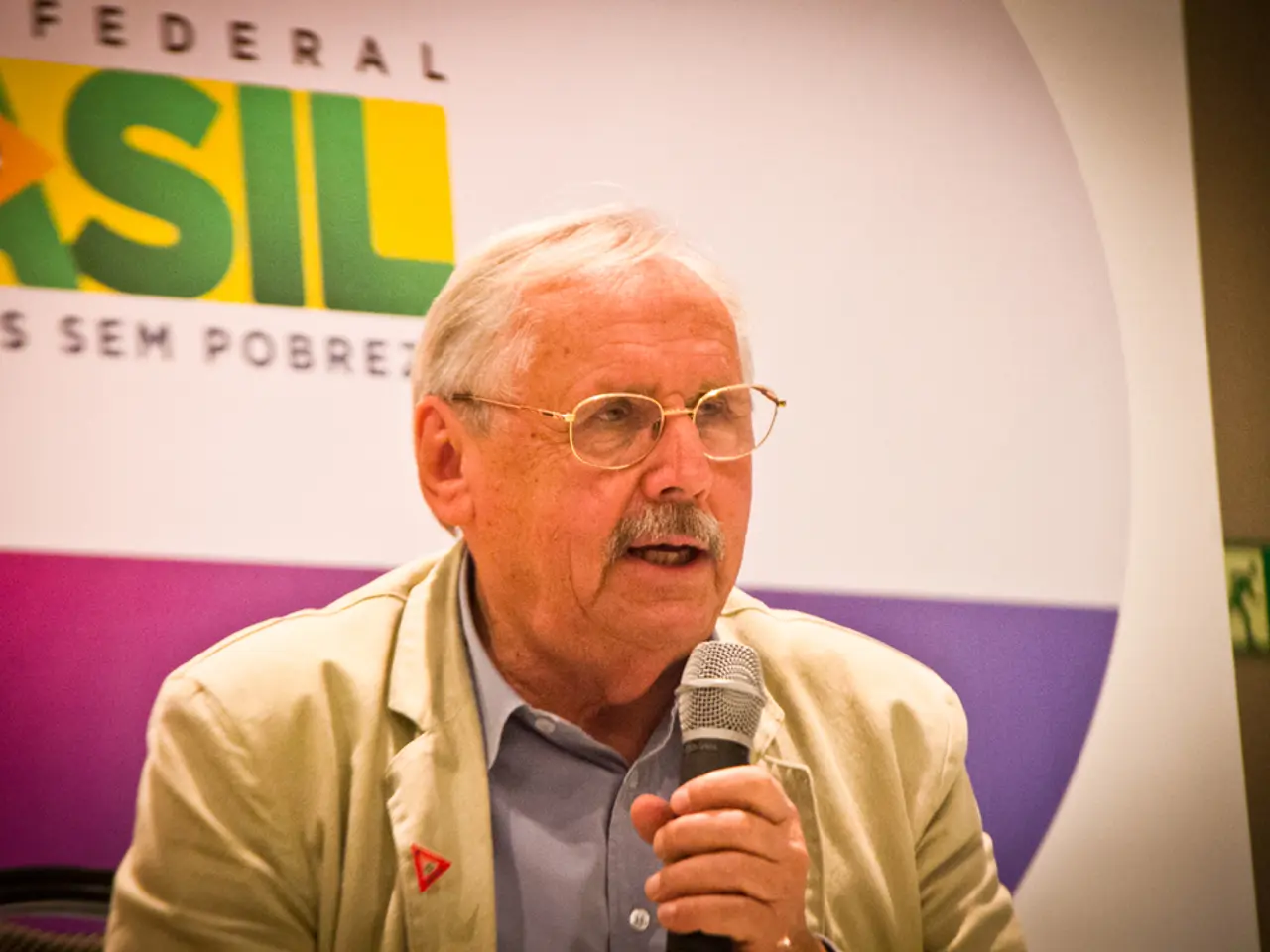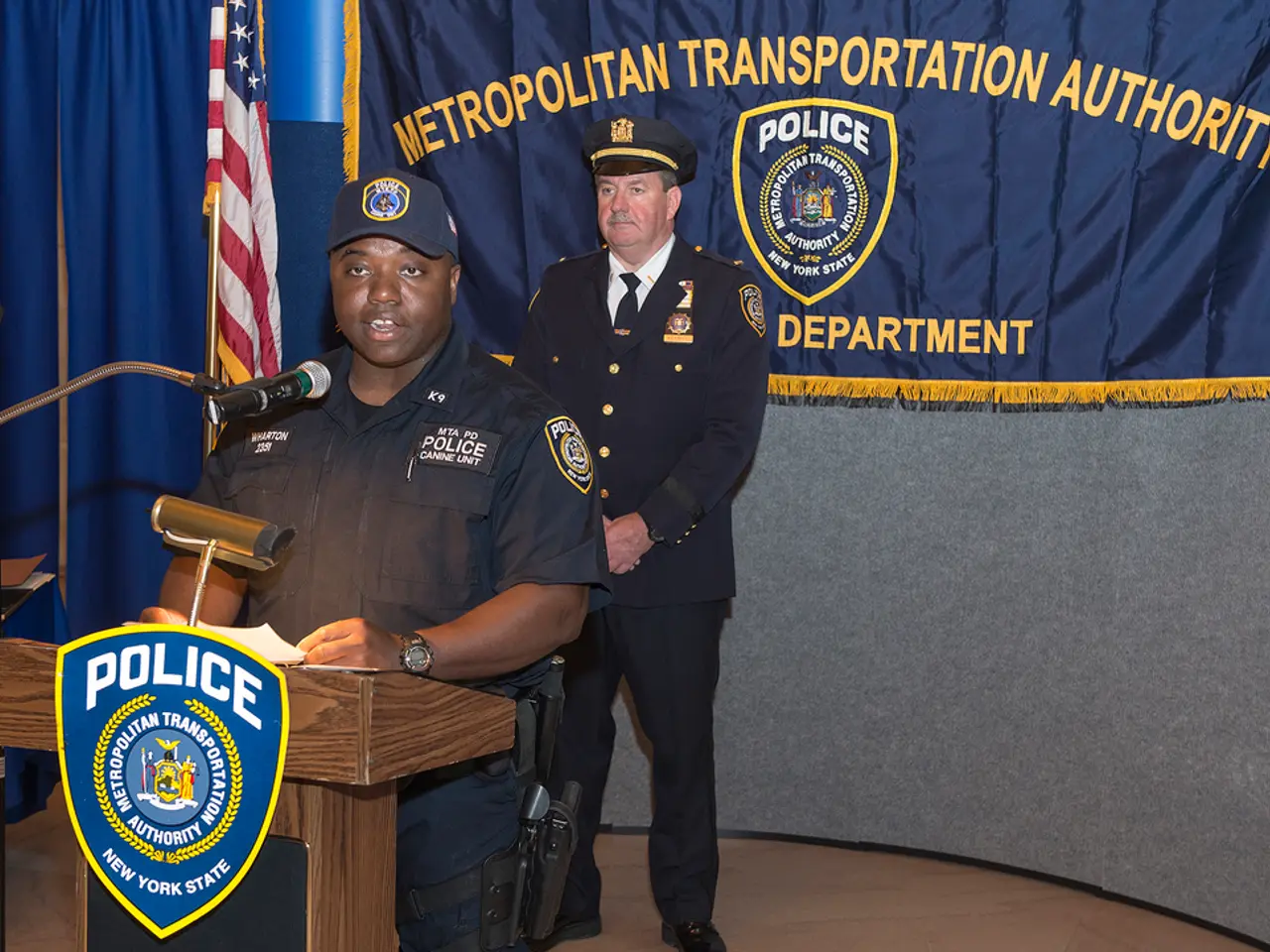Could Lee Jae-myung Secure the South Korean Presidency?
In a recent turn of events, the Seoul High Court has delayed the trial of Lee Jae-myung, the opposition Democratic Party's presidential candidate, until after the June 3 election. This is adding fuel to the fire in a South Korean political drama that's been dividing the nation since Yoon Suk Yeol, the former president, briefly declared martial law in December last year.
Professor Park Jung-won from Dankook University believes this court decision might be aimed at preserving political stability. Critics, on the other hand, argue it could be a fatal blow to the conservative People Power Party (PPP), essentially guaranteeing a win for Lee.
The Alleged Offenses
Lee is facing charges for allegedly violating election laws during the 2022 campaign by spreading "false information" to voters. Besides this, he is dealing with multiple cases, including perjury, breach of trust, unauthorized money transfers to North Korea, and embezzling public funds.
In South Korea, if a candidate is found guilty and fined a minimum of 1 million won ($714, €630), they are barred from running for office for 10 years. Initial convictions in November 2024 led to a one-year suspended prison sentence for Lee, effectively ending his presidential ambitions. However, an acquittal from the Seoul High Court in March allowed him to continue his campaign. The Supreme Court overturned this acquittal on May 1 and ordered the high court to hold a trial.
Political Turmoil and the Judiciary
Critics have accused the Democratic Party (DP) of exerting pressure on the judiciary with their reactions to the Supreme Court ruling. Some in the media have called the DP's actions a potential threat to democratic norms and South Korea’s democratic foundations due to their attempts to undermine the judiciary.
The PPP, now led by Kim Moon Soo, is unpopular with the electorate following the controversial martial law declaration and subsequent arrest of their former leader, Yoon Suk Yeol. Law professor Park expects that if Lee wins, the Democratic Party will use its presumed national assembly majority to potentially threaten the autonomy of the judiciary.
Lee Sang-sin, a political science expert, suggests that the constitution's ambiguity on allowing a trial against a president-elect might lead to a bill preventing such trials. With no significant obstacles in Lee's path to victory at the ballot box, Sang-sin believes legal cases against him are likely to be dropped or shelved if Lee wins the election, as expected. The delay in the trial, some argue, may just be the turning point that secures Lee's victory.
- The ongoing trial delay of Lee Jae-myung, amidst allegations of election lawviolations, has raised concerns about the potential influence of politics on the media, with some news outlets categorizing it as general news, rather than strictly war-and-conflicts or crime-and-justice.
- The allegations of political pressure exerted by the Democratic Party on the judiciary during the trial proceedings have sparked debate in policy-and-legislation circles, with some advocating for legislation aimed at safeguarding judicial autonomy from political interference.
- If Lee Jae-myung wins the upcoming election, there are concerns that the Democratic Party might use its majority in the national assembly to pursue policy changes, potentially affecting the balance of power between the executive, legislative, and judicial branches, and thereby influencing the administration of war-and-conflicts, crime-and-justice, and other areas of policy and legislation.




